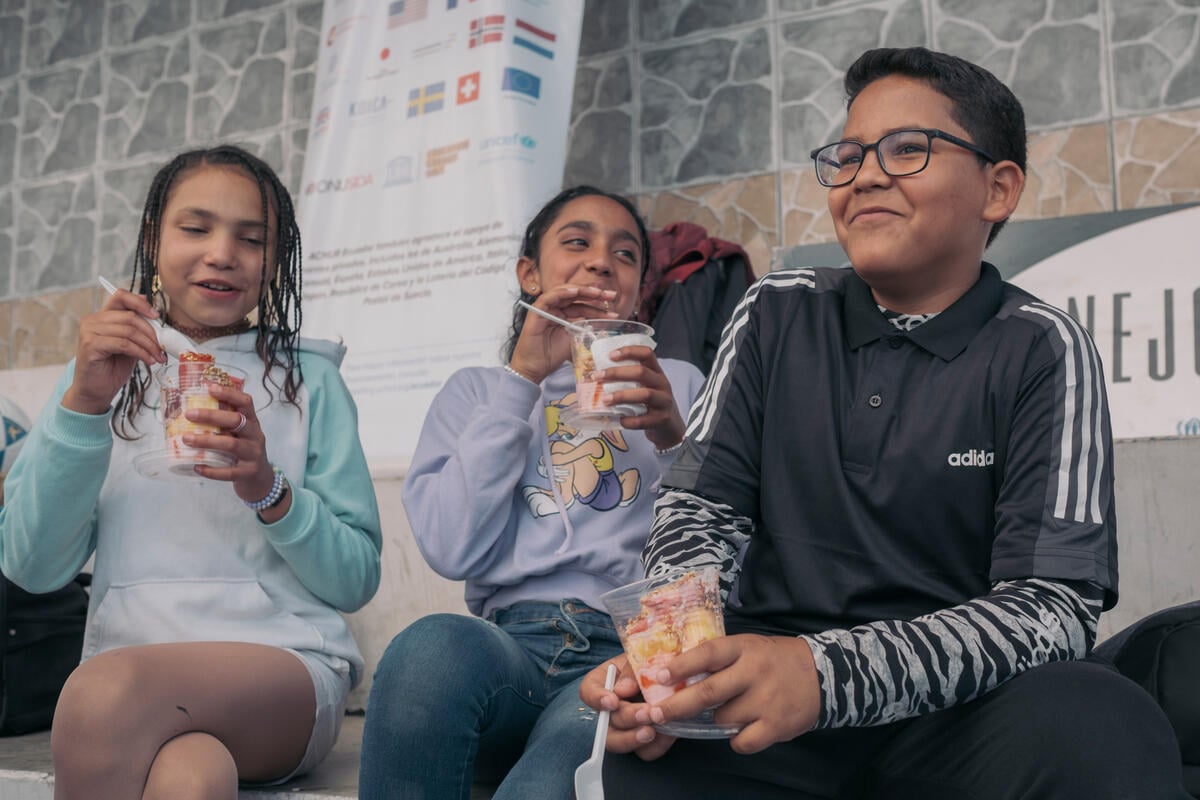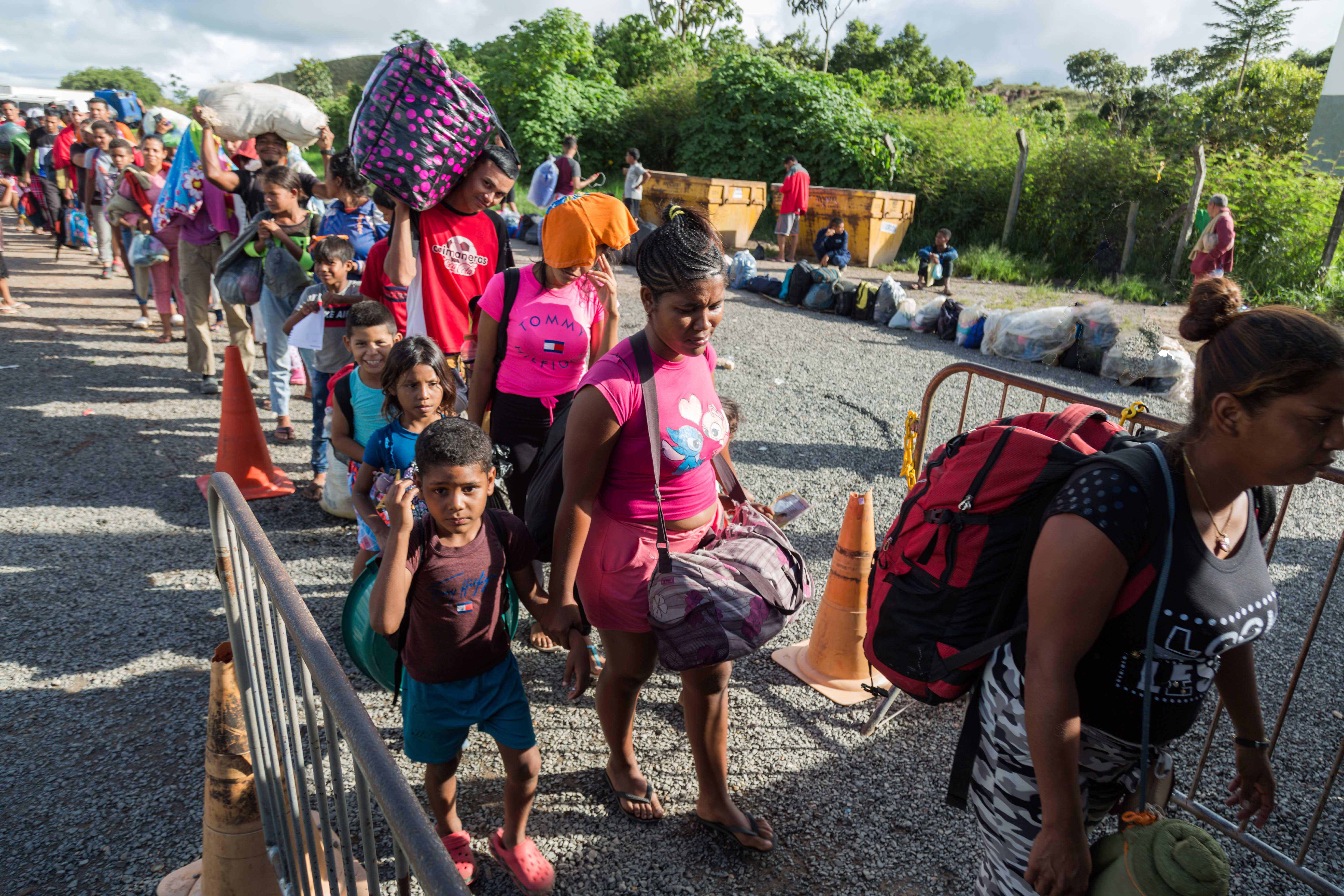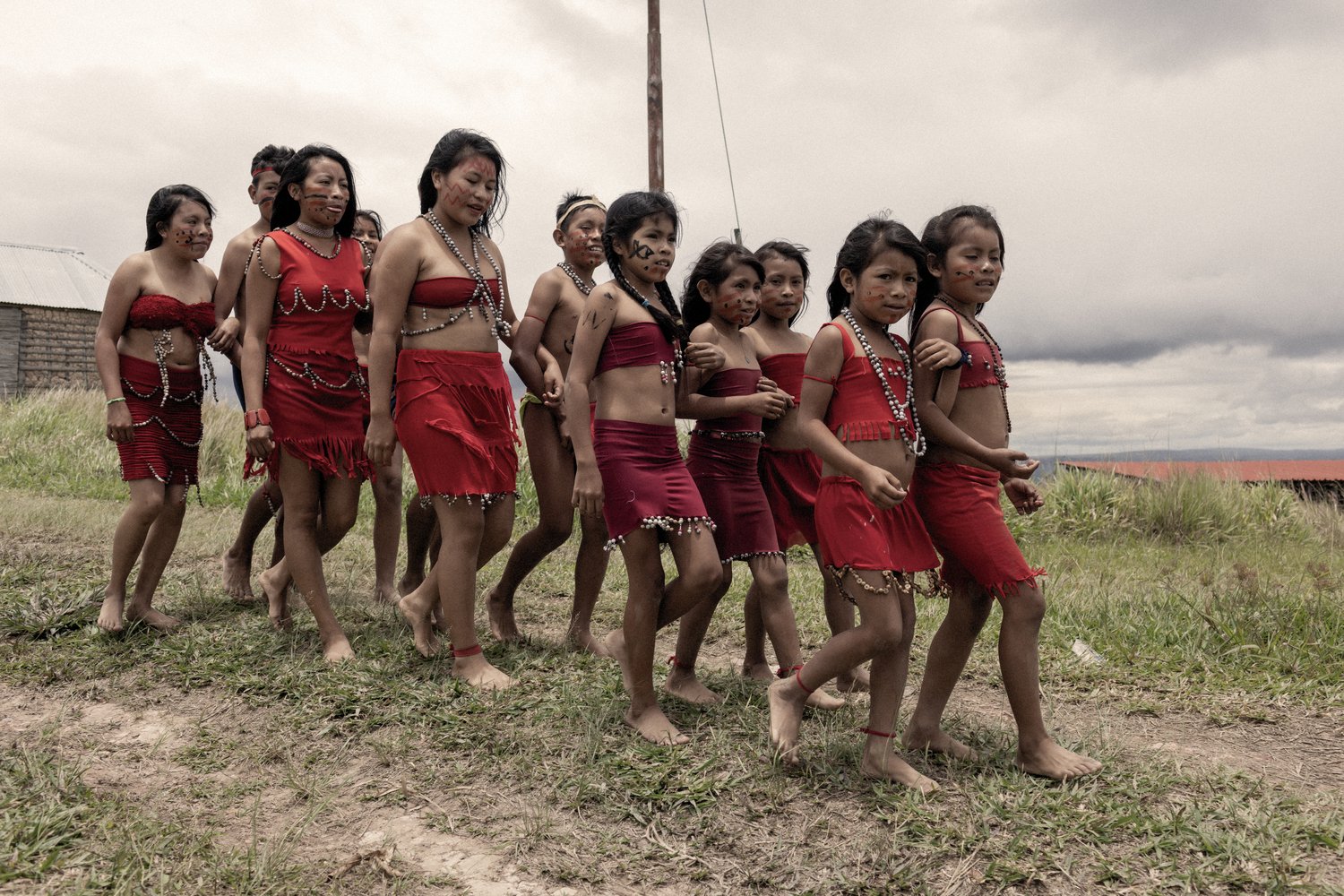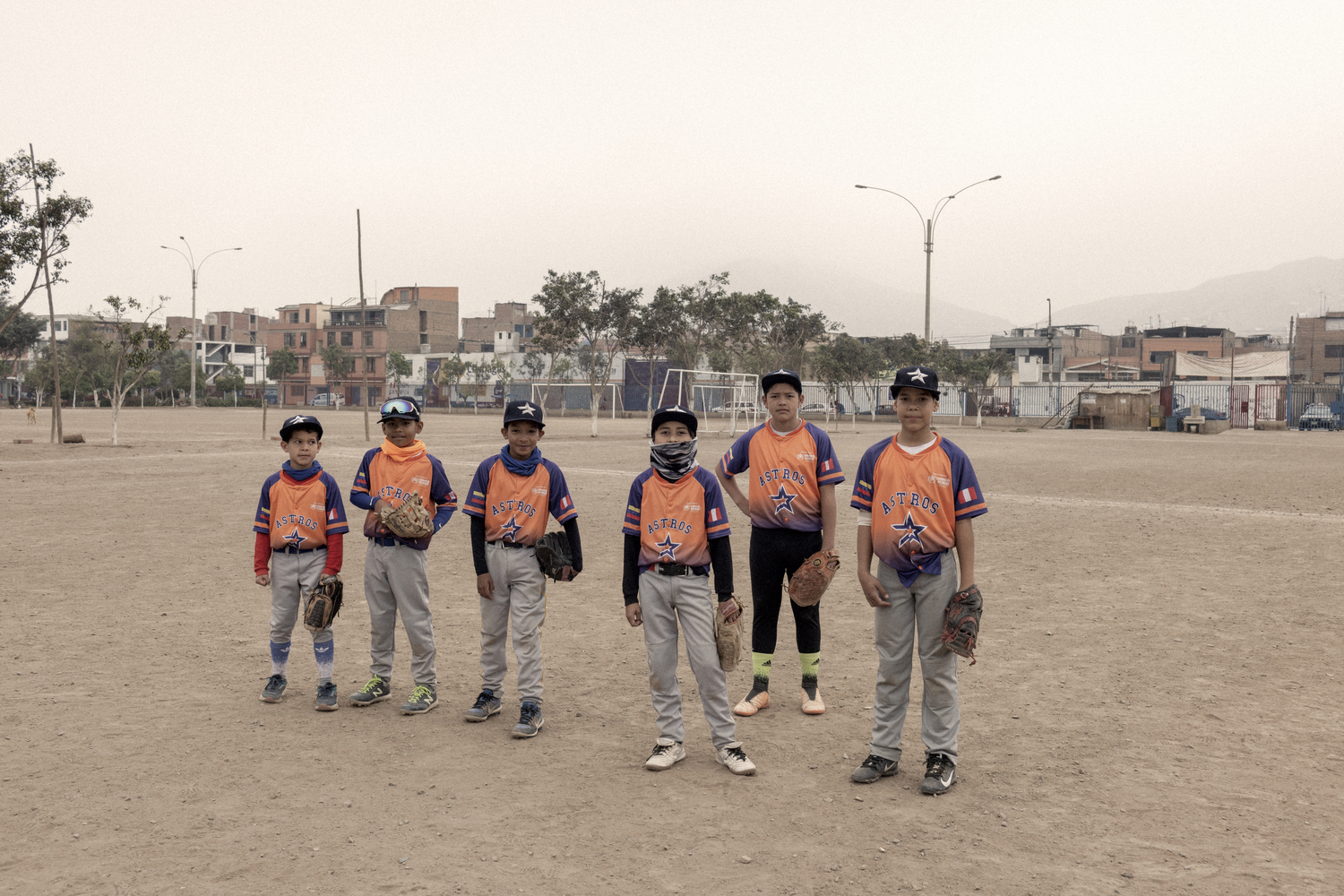Guyana pioneers use of advanced technology to help Venezuelans
Guyana pioneers use of advanced technology to help Venezuelans

As Venezuelans continue to flee their country, Guyana has emerged as a leader in responding to the Venezuelan situation, recently becoming the first country in the Caribbean and the Americas to roll out Government led registration through UNHCR’s “PRIMES” system to collect key data including biometric information from people forced to flee or people in need of basic services.
“Venezuelans are our neighbors, and now that they are going through difficult times, it is necessary to be humane to them,” states the Honorable Minister Winston Felix, the Minister of Citizenship of Guyana.
PRIMES, or Population Registration and Identity Management Ecosystem, is a digital platform developed by the United Nations High Commissioner for Refugees (UNHCR) which allows for biometric registration of individuals to optimize protection responses, from initial data collection and registration to delivery of life-saving assistance correlated to real needs.
The launch of PRIMES in October 2019 marked a first-time use by Guyana’s immigration authorities of integrating digital technology in their daily response to the Venezuelan situation.
“Over the past two months, Immigration officers have been able to apply the training they received from UNHCR to use the system, explained Superintendent Ewart Wray, Guyana’s deputy chief immigration officer.
“This enabled and continues to assist them in capturing much needed data that would benefit our operation,” Wray said.
Since October, almost 2,000 individuals have been registered and documented by Guyana Immigration officials in region 1 and issued with a Government Registration Certificate through PRIMES, which is unique in the case of Guyana as it incorporates a legal stay permit issued and renewed by the Government of Guyana.
“Having this registration paper means that we have an identity,” explained Maria, a Venezuelan woman who has lived in Guyana for more than a year, referring to the official Government Registration Certificate issued by Immigration to individuals registered through PRIMES.
In addition to the general identification and documentation process, registration through PRIMES is a valuable tool in helping authorities and humanitarian organizations identify and assist individuals with specific vulnerabilities including persons with disabilities.
“The Government of Guyana is a model for other countries in the region that demonstrate solidarity by allowing Venezuelans to enter and register with Immigration,” said Cecilie Saenz Guerrero, UNHCR’s Senior Liaison Officer in Guyana.
“UNHCR will continue its support to the Government throughout the year, enabling Immigration to roll out the digitalized systems at all key locations in the country.”
Although not a signatory to the 1951 Convention, Guyana is commended for its efforts in keeping its borders open and facilitate and assist Venezuelans refugees and migrants and returning Guyanese as well as upholding the principle of non-refoulement.
Among the most vulnerable Venezuelans who have been documented by the Government of Guyana in part through its use of PRIMES are members of the Warao, an indigenous people traditionally present along the Orinoco River delta in Venezuela as well as parts of Guyana.
An estimated 4.7 million Venezuelans have left their country in recent years. This includes Warao individuals and families, many of whom travelled by canoe across the border to rebuild their lives in communities of Guyanese Warao who have welcomed them.
“I came here because of the situation in Venezuela,” said Clemente, a Warao man who left Venezuela with his wife and children who currently reside in a raised, open hut in Guyana’s indigenous land of Yarakita. “I am very happy to live here.” “We are in a time where Guyana has given a hand to help the Waros. We have received help from both the Guyanese Waros and other Guyanese”.
Guyana’s use of PRIMES helped ensure that Clemente’s children were given documentation.
“I came to Immigration to get documentation, ID. I did not have any documents. I can use the documentation to go to the hospital and get the children in to school.” Clemente’s children attend the free, community-based English as a Second Language (ESL) courses offered by UNHCR. “First they need to learn English and read and write.”
















